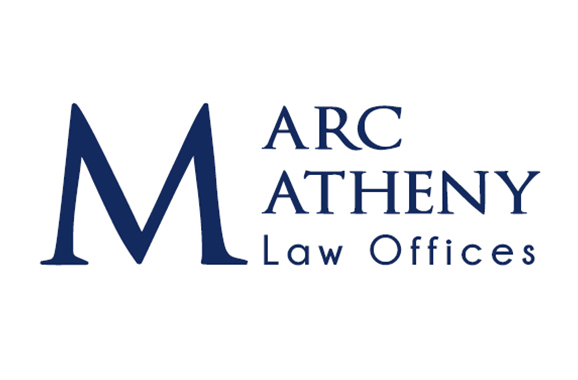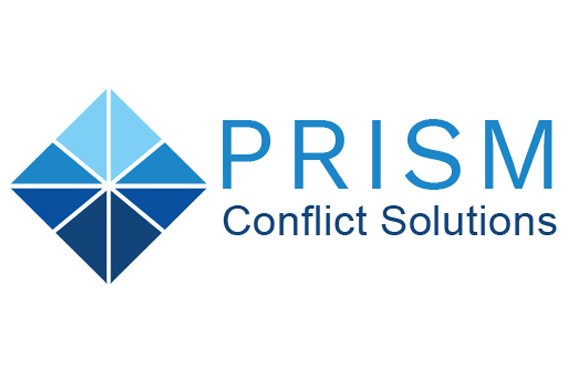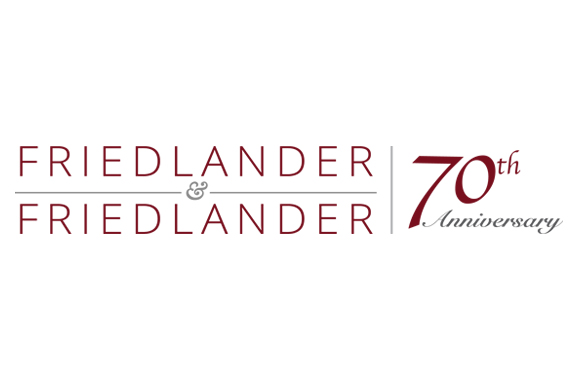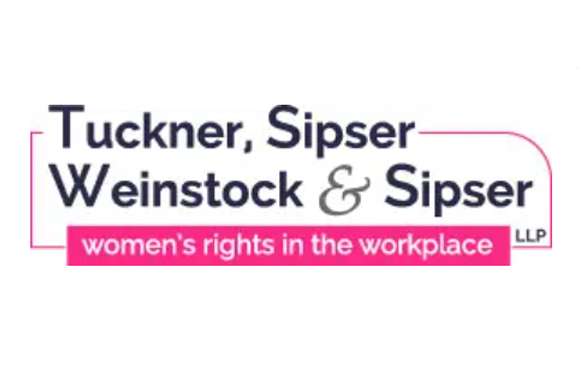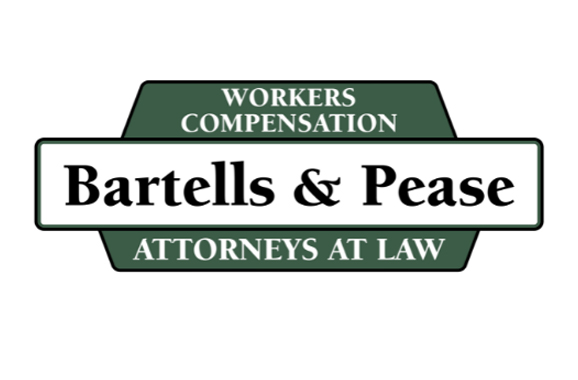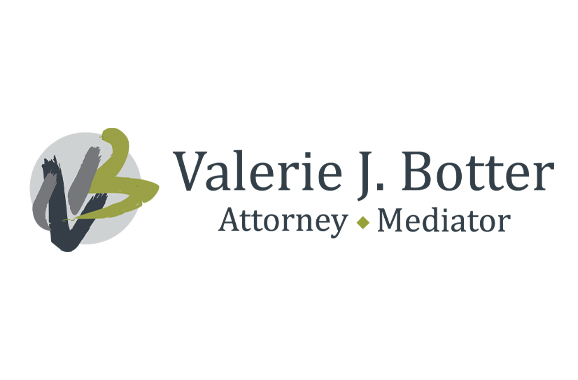Google Ads for Lawyers & Law Firms
Google Ads Pay-Per-Click (PPC) Marketing for Attorneys
If You Aren't A Google Ads Professional, You're Likely Wasting 80% Of Your Marketing Spend
Google Ads Agency for Law Firms
Since we’ve managed hundreds of thousands of dollars in Google Ads campaigns the last 18 years, we can tell you very quickly whether your campaign is performing well, or the exact aspects that require improvement. If your campaign is performing well, we’ll tell you. If it’s not, or if there are areas in which we think we can offer significant help, we’ll tell you that as well – in a way that you’ll be able to understand (even if you’re not a Google Ads expert).
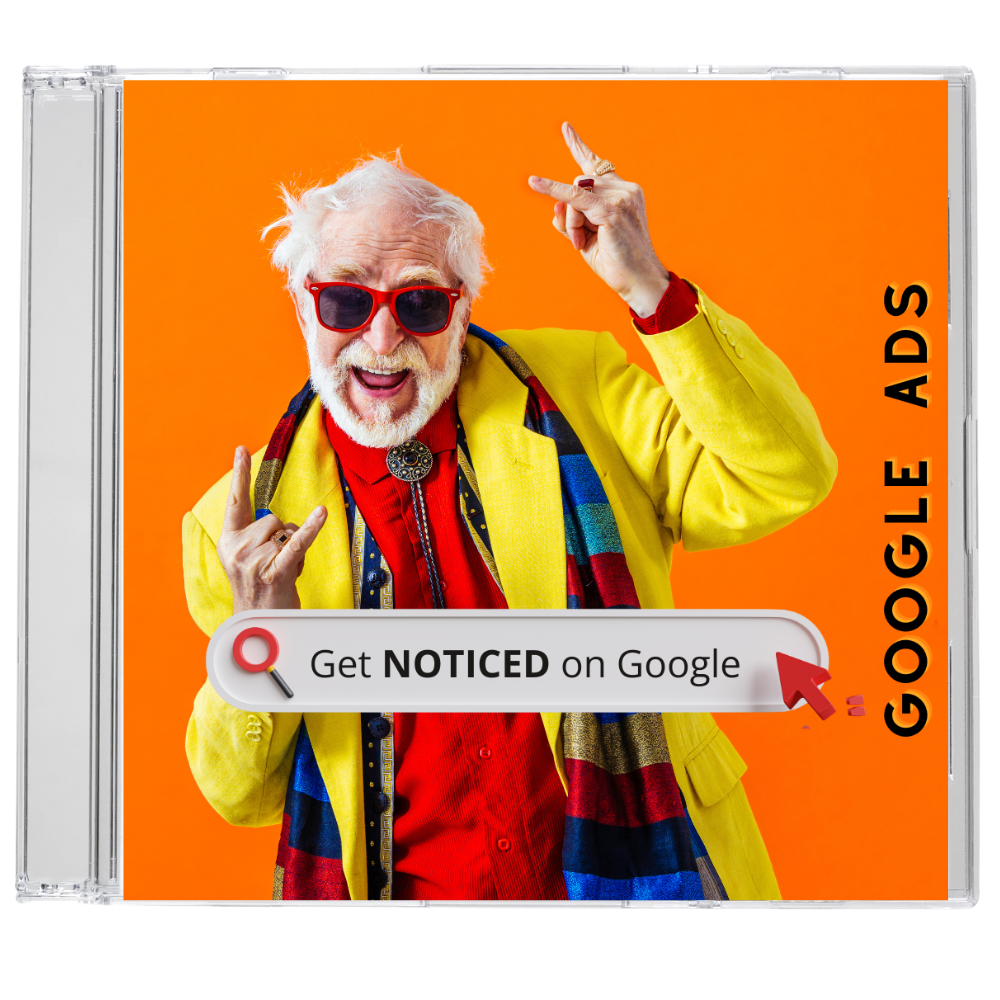
Ready to Improve Your Google Ads?
Let’s have a free 30 minute call to review your firm’s Google Ads campaign.
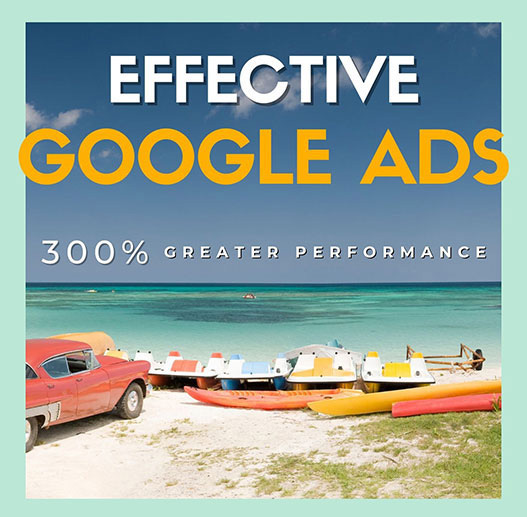
Smart Lawyers Don’t Use Google Ads “Smart” Campaigns
Using Google AI-driven campaigns (e.g., smart, performance max, etc.) isn’t wise. While you might think ads are targeting potential clients, you’ll find unrelated search terms like “Gary’s Donuts” triggering your ad display. Why? Because so-called “smart” Campaigns not only place ads in Google Search Results but also across the Google Display Network, where site owners let Google show ads.
These placements can result in astronomical impressions, with up to 95% displayed on the Display Network. So, even if you’re getting a seemingly affordable 100 clicks at $3 each on the Display Network, the conversion rate is dismal, averaging around 1%. This means you’ll pay a whopping $300 per conversion. Conversely, 20 clicks on the Google Search Network at $15 each might cost the same, but the conversion rate is typically higher, around 10%, costing just $150 per conversion. Ultimately, while Smart Campaigns might seem cost-effective, they’re a pricey gamble. Focus on the true metric: cost per conversion.
How Can We Determine If Our Google Ads Campaign is Successful?
Determining the success of a Google Ads campaign often boils down to your initial objectives. If your goal was to increase brand awareness, then metrics like impressions (the number of times your ad was shown) and reach (the number of unique users who saw your ad) would be crucial. If you’re aiming to increase client inquiries or consultations, then the conversion rate (the number of desired actions taken divided by the number of clicks) would be a key success metric.
As a law firm Google Ads agency with nearly two decades of experience, there are several metrics that we examine to measure success, such as the following:
- Click-through rate (CTR). This measures how many people clicked on your ad after seeing it. A higher CTR usually indicates that your ad is resonating with your audience. We recommend obtaining a minimum click-through rate of 5%.
- Conversion rate. This is the percentage of people who completed a desired action (like filling out a form or making a call) after clicking on your ad. A high conversion rate typically indicates a successful campaign. Successful law firm Google Ads campaigns should aim for a minimum conversion rate of 8%.
- Quality score. Pay close attention to Quality Score (which is determined by Exp. CTR, Landing Page exp., and Ad Relevance), as Quality Score significantly impacts the price Google charges for clicks. For example, if you have a Quality Score of 10 for a keyword, your cost may decrease by up to 50% compared to having the average Quality Score of 5. If a keyword has a Quality Score of 3, the cost per click may increase by about 60% compared to having a Quality Score of 5.
- Ad Relevance & Landing Page Experience. Your Ad Relevance and Landing Page Experience rating directly influence your quality score and how much your firm will pay for its Google Ads. As such, these analytics should almost always be “Above Average,” especially as the factors for these items can be easily optimized.
- Cost per click (CPC). This is how much you pay each time someone clicks on your ad. Lower CPCs are generally better, but it’s also important to consider the quality of the leads you’re getting.
- Search Impression Share. Search Impression Share, Search Top IS, and Search Abs top IS provide information about the display of your ads (frequency displayed, positioning, etc.) so that you can make bid or other adjustments.
- Return on investment (ROI). This is the ultimate measure of a campaign’s success. If the revenue generated through the campaign significantly outweighs the cost of running it, you have a successful campaign.
How Much Do Google Ads Cost?

The cost of Google Ads can vary widely based on several factors, including the competitiveness of your keywords, the relevancy of your ads, and your bidding strategy. You decide how much you want to spend per day, and you only pay when someone interacts with your ad, such as by clicking on it.
As experts in Google Ads and SEO for law firms, we at Esquire Interactive help navigate these variables to develop cost-effective campaigns that align with your firm’s goals and budget.
Google Ads is an immensely powerful tool in the digital marketing toolkit for law firms. Used correctly, it can significantly boost your firm’s online visibility and drive engagement. At Esquire Interactive, we leverage this power for our clients, creating strategic, effective campaigns that deliver results. If you’re ready to tap into the potential of Google Ads for your law firm, we’re here to help.
How Can Hiring An Experienced Google Ads Agency for Law Firms Be Beneficial?
Google Ads is a powerful tool, but it’s also complex and nuanced. That’s where a specialized law firm Google Ads agency like Esquire Interactive comes in. By leveraging our deep understanding of both PPC marketing and the legal industry, we can provide numerous benefits to law firms.
- Experience in Successful Ad Development. Through managing Google Ad campaigns for over 18 years, we know what works! We are able to develop successful campaigns at the outset without having to wait months of trial and error and wasted spend.
- Google Ads Optimization. Underperforming ads will have a low click-through rate, and a low click-through rate will translate to a low quality score. In turn, this translates to having to pay more per click.
- Building Landing Pages that Convert. You are paying for clicks to go to your landing page. You want those clicks to convert (by calls by contact form submissions). When the conversion rate doubles, your cost per conversion will be cut in half. As a result, it is critical to develop landing pages optimized for conversion.
- Search Term Analysis. It is critical to have campaigns focused on the exact search terms for your firm and to actively update negative keywords (search terms used where you don’t want your ads to be displayed). This will ensure a high click-through rate, high quality score, and lower click cost.
- Quality Score Focus. Google advertisers are charged in part based on the quality score for individual keywords. Quality score if made up of the historical click-through rate, landing page experience, and ad relevancy. Scores range from 1-10, with five being average. As an example, a keyword with a quality score of 10 may be charged 50% less than a quality score of 5. We focus on achieving high quality scores to reduce the click cost for clients.
If you need assistance with your law firm’s Google Ads, we invite you to call our office at 520-261-8645 to schedule a free consultation with an experienced Google Ads specialist.
Want to Learn More About Google Ads and PPC Marketing for Law Firms and Attorneys?
Google Ads Agency for Law Firms FAQs
Google Ads, formerly known as Google AdWords, is the name for Google’s online advertising platform. Google Ads allow businesses, including law firms, to create advertisements that appear on Google’s search engine results pages (SERPs), across their Display Network (if desired), and on YouTube videos.
Google Ads allows law firms to reach potential clients when they are looking for legal services.
CPC, which stands for Cost Per Click, and PPC, which stands for Pay Per Click, represent an advertising model where you’re only charged if someone clicks on your advertisement.
Additional advertising models comprise:
- Cost Per Impression, under which you’re charged based on the number of times your ad is displayed, irrespective of whether it’s clicked.
- Cost Per Engagement, where charges apply when a user engages in a specific way with your ad, such as watching your video ad.
Google Ads primarily come in three different forms:
- Search Network Campaigns – Typically in text format, these ads appear on Google Search results pages when an individual searches for a product or service related to what you offer.
- Display Network Campaigns – Usually presented as images, these ads are visible on websites or apps frequented by your target audience.
- Video Campaigns – These are usually 6 or 15-second video ads that are displayed either before or during YouTube content.
There’s no specific period that you must run your Google Ads for. Google Ads provides flexibility when it comes to duration. You can run a campaign indefinitely or set a specific end date. It’s best to keep a campaign active for at least a few weeks to collect enough data for meaningful analysis.
However, remember that online advertising is a dynamic process. The effectiveness of your ads can change over time due to various factors, such as increased competition, market changes, or changes in search behavior. Therefore, regular monitoring, testing, and adjustment of your campaigns are essential for long-term success.
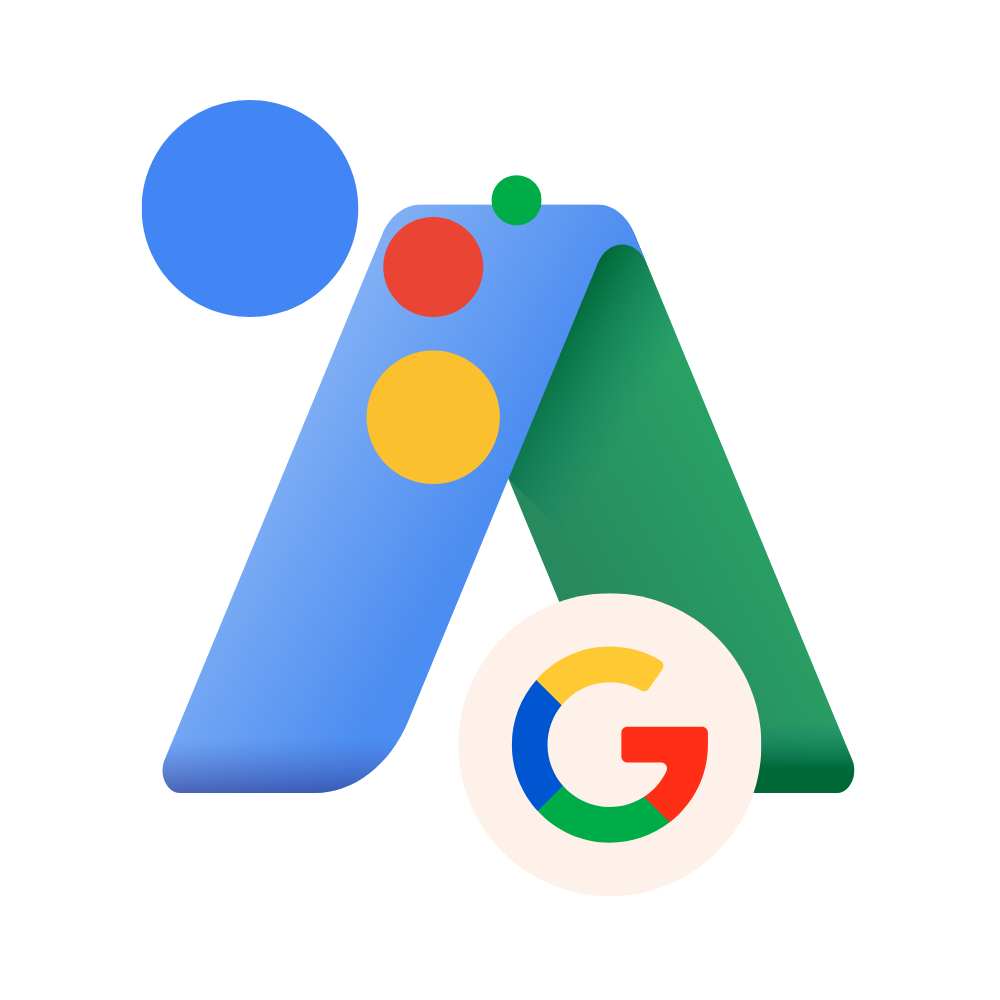 Google Ads for lawyers are displayed across a vast network of platforms and services, which provides you with a wide array of potential touch points for your target audience. Here’s a brief overview of the main areas:
Google Ads for lawyers are displayed across a vast network of platforms and services, which provides you with a wide array of potential touch points for your target audience. Here’s a brief overview of the main areas:
- Google Search Network. These are the ads that appear on Google Search results pages. They’re typically text-based and are displayed when a user’s search query matches keywords you’ve bid on. This network also includes other Google sites like Google Maps and Google Shopping.
- Google Display Network. This network comprises over two million websites, videos, and apps where your ads can appear. Display Ads are usually image-based and can appear in various formats across the web, including within articles, on YouTube, in Gmail, and alongside other content.
- Google Shopping. If you’re selling products, your ads can also appear in Google Shopping results. While this might not directly apply to law firms, it’s a significant part of the Google Ads landscape.
- Google Video/YouTube. You can run video ads on YouTube and other Google Display Network sites that support video content. These can be standalone video ads or ones that play before, during, or after other YouTube videos.
- Google App Campaigns. App campaigns streamline the process for you, making it easy to promote your law firm’s app across Google’s largest properties, including Search, Play, YouTube, and the Google Display Network.
The beauty of Google Ads is its flexibility in terms of where and how your ads are displayed. This allows for highly targeted campaigns that reach potential clients wherever they are online. At Esquire Interactive, we can help determine which options are best for your Google Ads marketing strategy.
Google Ads operates with a hierarchical structure consisting of campaigns, ad groups, and ads.
- A Campaign is the broadest level and is where you set overarching parameters such as budget, networks where you want your ads to appear (like Google Search or Google Display Network), and start and end dates for your campaign.
- Campaigns consist of Ad Groups. Each Ad Group shares a set of targeting criteria and serves as a container for your ads. These Ad Groups allow you to segment your campaign into different categories or themes based on your services or types of clients. For instance, one Ad Group might focus on “patent law services” while another could concentrate on “trademark litigation.”
- The narrowest level is the Ads. These are the actual advertisements that users see. Each Ad Group can contain multiple Ads, which you can tailor to specific keywords or audience interests.
Google Ads Assets (formerly called “Extensions”) consist of extra text that Google sometimes shows in an Ad, such as clickable phone number links, links to reviews, or “callouts” such as “Free Consultation.” This additional text can be helpful as it provides more information about your firm to prospective clients.
Google Ads Smart Campaigns are a simplified version of the traditional Google Ads platform, designed to help small businesses set up their advertising campaigns in an easy and straightforward way.
AI-driven campaigns (e.g., smart, performance max, etc.) use Google’s machine learning algorithms to automatically manage and optimize your campaigns. They determine where and when your ads will appear based on your products or services and business goals.
No. While Google Ads Smart Campaigns offer a user-friendly and less time-consuming option for law firms, especially for those new to digital advertising, they may not always be the best choice. One reason is that Smart Campaigns might cost more in the long run and might be less effective than managed ad campaigns.
Smart Campaigns, while leveraging Google’s machine learning algorithms, offer a one-size-fits-all approach. They automate a lot of the process, and while this can simplify setup, it also takes away some level of control and granularity from your campaign strategy. This lack of customization and optimization can lead to higher costs per click and lower conversion rates.
Managed ad campaigns, on the other hand, allow law firms to have a more hands-on approach. This includes detailed keyword research, more targeted bidding strategies, and thorough performance analytics. A properly managed campaign allows you to optimize your ads for your specific target audience and goals, potentially leading to a higher return on investment. As a Google Ads agency with nearly two decades of experience, we highly recommend that attorneys avoid automated campaigns, as they often lead to a lower ROI.
Click one of the links below for more information about Google Ads and PPC Marketing:
Converting a Google Ads Smart Campaign to a regular Google Ads campaign requires you to set up a new campaign from scratch, as Google doesn’t offer a direct “conversion” feature. Here’s how you can do it:
- Login to Google Ads: Go to Google Ads and sign in with your account.
- Navigate to Campaigns: On the left sidebar, click the “Campaigns” tab.
- Click on “+ New Campaign”: This will allow you to set up a new standard campaign.
- Select Your Goal: Choose the primary goal for this campaign, such as Sales, Leads, Website traffic, etc.
- Choose Campaign Type: Select the desired type, e.g., Search, Display, Video, etc.
- Set Campaign Parameters: Fill in settings like target locations, languages, budget, and bidding strategy.
- Ad Group Setup: Create ad groups, select keywords or placements, and set bids.
- Create Ads: Design your ads using the ad builder. Make sure to copy over any ad copy, URLs, and extensions from your Smart Campaign if you wish to reuse them.
- Review and Launch: Double-check all settings and configurations, then click “Save and Continue” to launch your new standard campaign.
- Pause the Smart Campaign: Navigate back to the “Campaigns” tab, find your Smart Campaign, and pause it to prevent both campaigns from running simultaneously and doubling your costs.
- Monitor and Optimize: Regularly check the performance of your new standard campaign and make necessary adjustments for optimal results.
Remember, while AI-driven Google Ads campaigns automate many aspects, standard campaigns provide more control and customization, so you might need to spend more time monitoring and adjusting the latter. However, you won’t waste up to 80% of your marketing spend on ineffective Google Ads.
Ready to
Get
Started?


